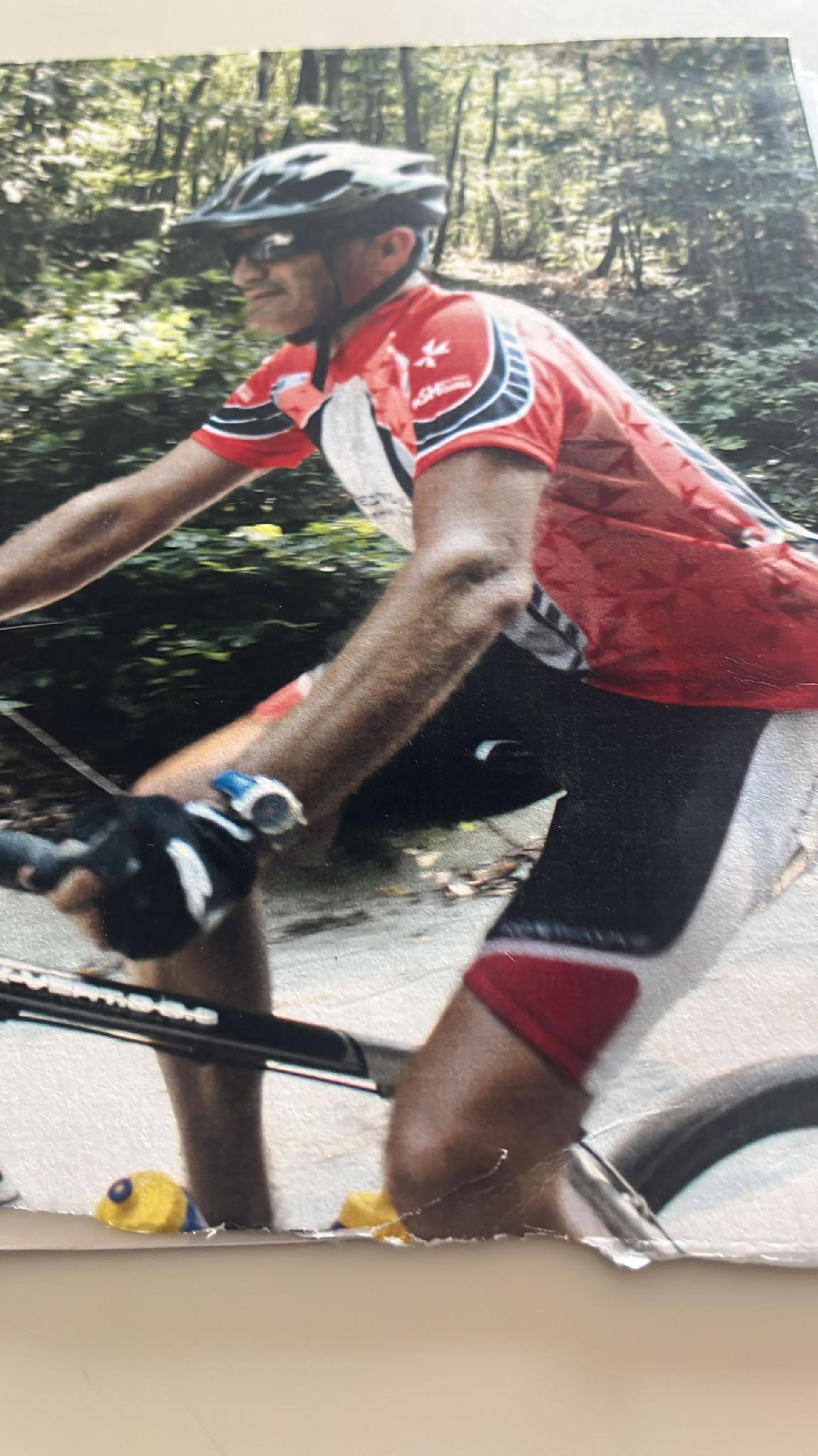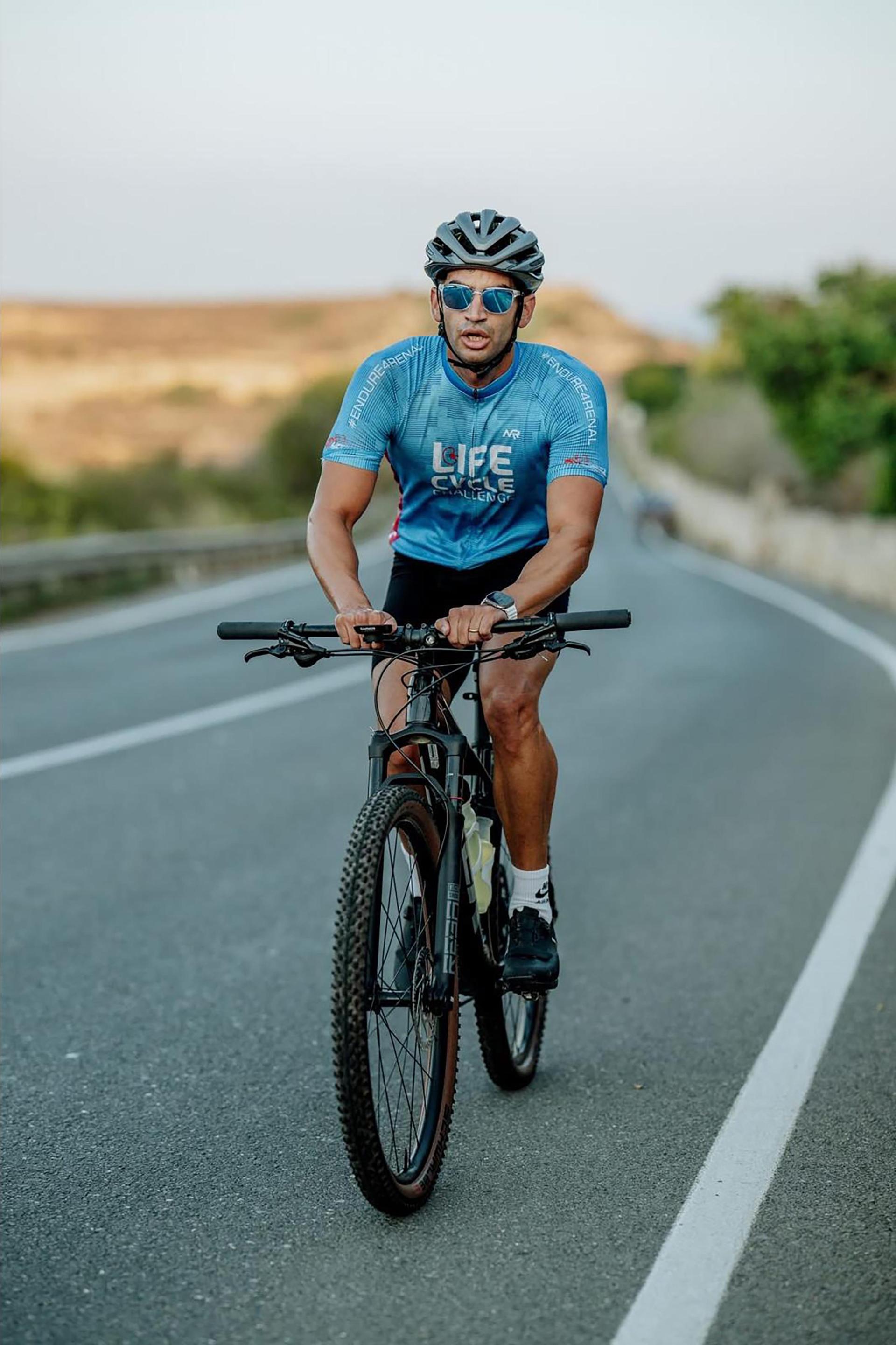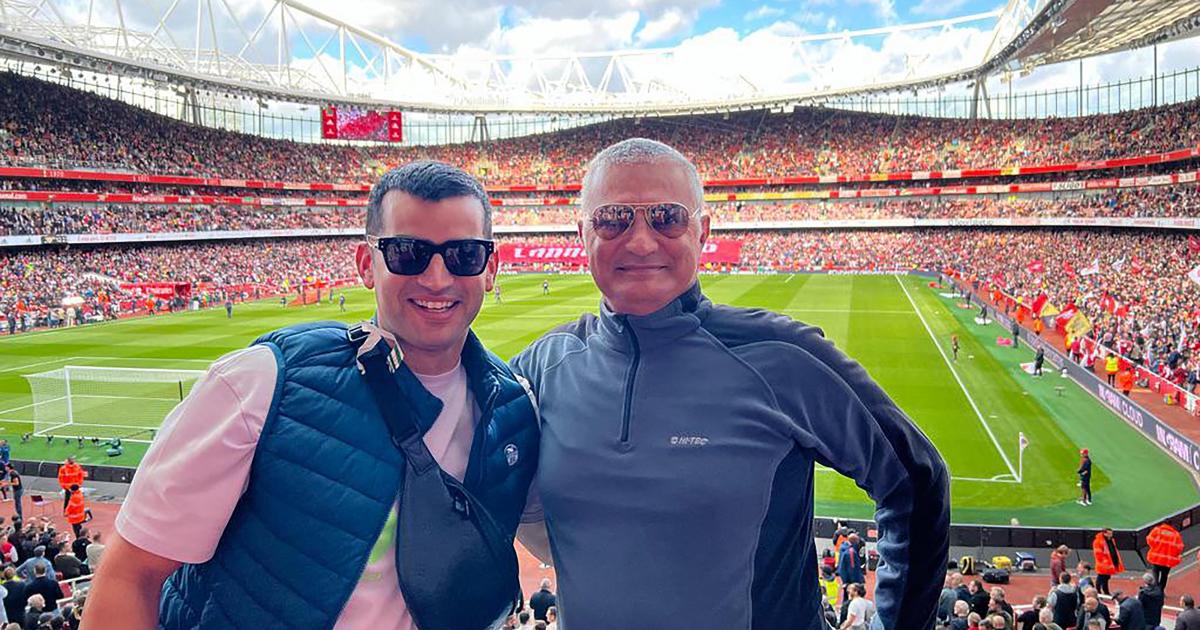When Simon Camilleri cycled from Turkey to Syria in aid of the Life Cycle Foundation, little did he know that 15 years later, he would be a beneficiary of the cause himself.
He had contributed to the NGO that raises funds and awareness through endurance cycling events for renal patients, and is today one of them, requiring regular dialysis to filter and clean his blood at Mater Dei Hospital’s Renal Unit.
Now, his son William has picked up the baton and is participating in this year’s cycle from Jordan to Jeddah in November.
His father’s experience will motivate him as he takes on the 10-day test of cycling 200km a day, roughly the equivalent of riding around Malta and Gozo each day.
A long-standing type 1 diabetic, Simon was recently diagnosed with diabetic nephropathy – a condition that results in end-stage kidney disease.
From this year, his blood must be passed through a dialysis machine that does the kidney’s work, and he appreciates the “great support” received from the Renal Unit.
“This was definitely the main reason why I took on this challenge,” said his son, an interventional cardiologist.
It will be William’s first Life Cycle expedition and it was not even on his agenda, until he got a call from a good friend who told him about the cause.
“After 20 minutes, I said I would join – it was a no-brainer,” William said.
“Being a doctor myself and speaking to renal physicians on a daily basis, I know how tough the condition is and how much demand there is for dialysis, with never enough slots to cope.”
‘My forever role model’
At 61, Simon Camilleri’s personal test is now to live as close to normal as possible.
“I take my treatment as simply another Life Cycle of its own, with the same purpose and vigour. Each day is a lap and a small victory.
“Tenacity is the name of the game,” said the man who has a number of adventures under his belt, including five Rolex Middle Sea Races, summiting Kilimanjaro and running an organisation with over 500 people globally.
“You have to know my dad’s lifestyle to understand what a change this has been for him,” said his son. “As you can imagine, he did not take it very well initially, but who would?”
But Simon has adapted “extremely well” to the situation and the wheels of his life have kept turning.
While he has cut down significantly on his business travels, that just means he spends more time at home with his family, William said, describing him as “a true inspiration to me and my forever role model”.
His father had never considered taking on the challenge again, so being unable to participate was not an issue. But he was pleased to see his son filling in his shoes and is pushing him every day to make sure he completes it.
The two talk a lot about his Life Cycle experience and the mistakes he made. He has told his son: “Do not stop pedalling!”
The main take-home point, though, was not to see the mission as a mountain that must be climbed, but rather, to break it down into small chunks.
“The most important thing he has told me is to enjoy the experience,” William said.
 Simon Camilleri completed the LifeCycle challenge 15 years ago.
Simon Camilleri completed the LifeCycle challenge 15 years ago.
Preparing for the uphill journey
William recalls going on long bike rides with his dad around Mellieħa, always trying to catch up with him on the hills.
Things have changed somewhat since, and it is now his turn to rise and shine at 5am every day to do around two hours of indoor cycling four times a week and one strength session in the gym.
Sundays are dedicated to a long ride of between 80km to 120km – around five hours on the bike.
The foundation’s yearly international endurance event pits a dedicated team of cyclists against the elements in a long-distance ride through different countries. This year, William is one of 20 cyclists, including seven doctors, embarking on the ‘Rose to Red’ ride, cycling from the rose-red city of Petra to the Red Sea coast in Jeddah.
He is looking forward to “making memories” with his friends and visiting new countries. “We are a great bunch of people, and I am sure we will come back with some great stories,” he said.
On the other hand, the vicinity of Jordan to the ongoing conflict in the Middle East is his biggest concern.
Helping patients in more ways than one
As a doctor, William is already focused on improving patients’ lives from a medical point of view. But now he is getting involved in the fundraising aspect too.
“As a person who helps people with heart disease, I feel it is always beneficial to help patients in more ways than one,” said the interventional cardiologist.
Renal failure patients needed moral support, Camilleri said. “The idea of having to do dialysis multiple times a week can be daunting for them, and they see this like a mountain they will never summit,” he said.
Since Life Cycle was set up in 1999, it has raised almost €4 million for renal patients, who require constant care, extensive medical treatment and boundless research.
Quoting Life Cyle founder Alan Curry, Camilleri said the equipment bought over the years had made a difference but described the situation as a “bottomless pit” in that treatment needs are constant, from daily consumables to machines and couches required for dialysis.
 William Camilleri will be one of 20 participants in this year’s ‘Rose to Red’ LifeCycle challenge.
William Camilleri will be one of 20 participants in this year’s ‘Rose to Red’ LifeCycle challenge.
Malta’s 364 patients spend around 12 hours on dialysis a week, at a weekly cost of €1,000. One in 10 people in Malta are affected by some sort of kidney disorder.
As a doctor, William believes such charity initiatives to help hospitals and the state deal with illnesses in the best way are “super important”.
The national health service budget is not indefinite, he noted, and foundations like this helped fill the gap caused by financial constraints.
“At the hospital’s cardiac division, we have our own charities that have helped fund vital equipment for the care of heart patients. We cannot thank them enough for their support and, hopefully, they will continue going for a long time so patients can continue to benefit from the fruit of their labour”.
Donations to LifeCycle can be made via Revolut, SMS, Bank Transfer, Cheque and Paypal. Visit: https://lifecyclefoundation.com/support-us/ to support the NGO

